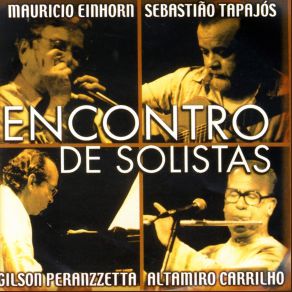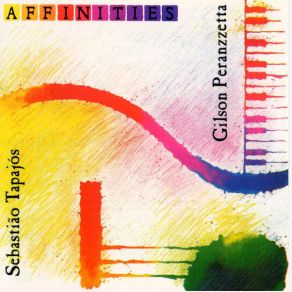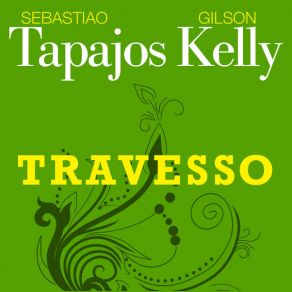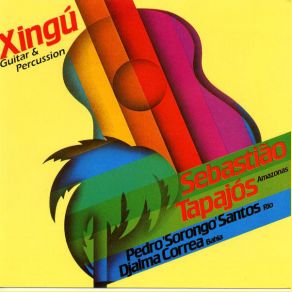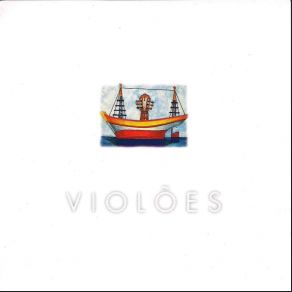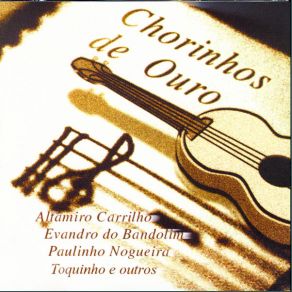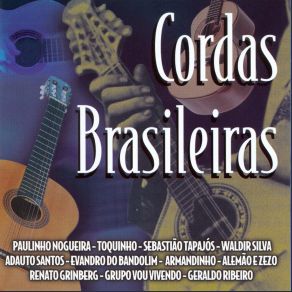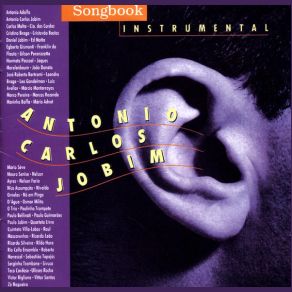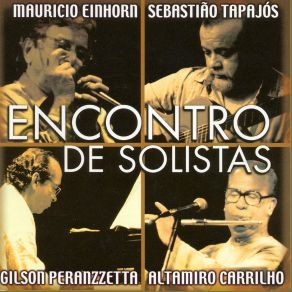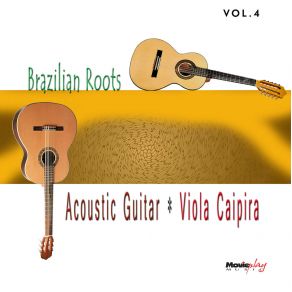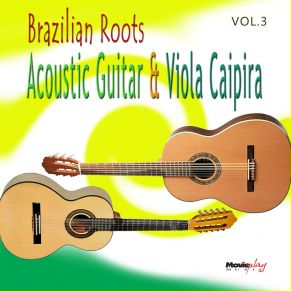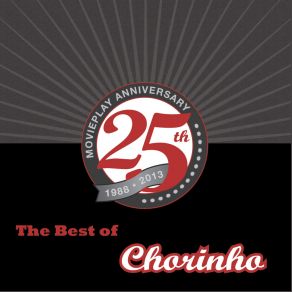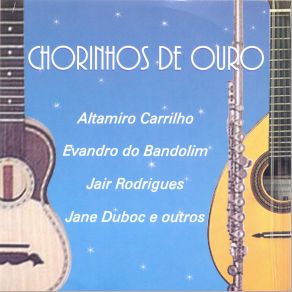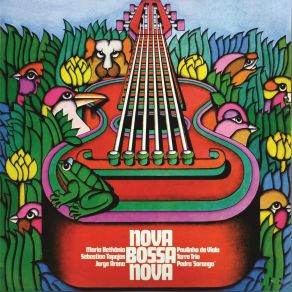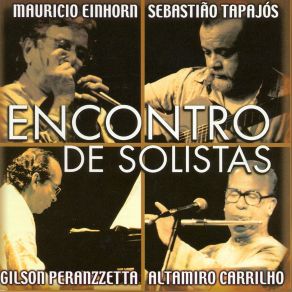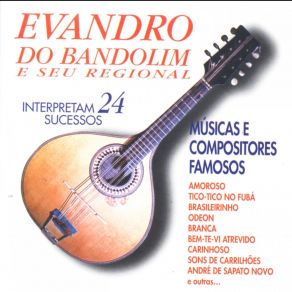Sebastiao Tapajos
Wikimp3 information about the music of Sebastiao Tapajos. On our website we have 31 albums and 8 collections of artist Sebastiao Tapajos. You can find useful information and download songs of this artist. We also know that Sebastiao Tapajos represents World Music genres.
Biography
[Edit]Sebastião Tapajós is a renowned Brazilian musician with over 50 recorded albums. A classically-trained violonista (acoustic guitar player), he soon awakened to his own musical expression, which bridges the gap between the rich Brazilian tradition and the delicacy, subtlety, and sophistication of the classical tradition. He received more than 20 awards in his career, including Germany's Album of the Year. Touring intensively through Europe, he has played and recorded with Gerry Mulligan, Astor Piazzolla, Oscar Peterson, Paquito de Rivera, Zimbo Trio, Hermeto Pascoal, and many others, with concerts attended by more than 600,000 people.
His father, who was his first teacher, prompted him to begin playing at nine. He continued to study as a self-taught, until he moved to Belém, in Pará, Brazil, studying musical theory with Professor Drago. In 1963, he moved again, this time to Rio, where he studied with Othon Salleiro. In 1964, he moved to Portugal, where he graduated from the Lisbon National Music Conservatory. Tapajós was already an active performing artist, performing concerts in Portugal and Spain. In Madrid, he studied with guitar master Emilio Pujol, having graduated from the Hispanic Culture Institute. Since 1968, his recordings have been released in Brazil, Argentina, Japan, and in most European countries. Returning to Belém, he spent some time there before moving again to Rio, in search of performing opportunities and at the same time researching Brazilian popular music. The first opportunity to perform came with a rendition of Villa-Lobos' "Concerto for Guitar and Orchestra," together with National Symphonic Orchestra, at the Teatro Municipal, Rio's most distinguished classical music concert house. The critics were very favorable, and he began to tour Brazil and the U.S., giving concerts. By and by, Tapajós began to demonstrate interest in writing Brazilian popular music. His compositions, always evidencing an original character while avoiding easy commercial references, are profoundly rooted in Brazilian tradition. In 1972, his Brasil/El Arte de la Guitarra was released by Discmedia/Trova-Alfa, with themes from classical and popular Brazilian composers, and his own compositions, together with a Weiss piece, "Allemande." After 1973, he toured Europe with great success. In that same year, he performed at the Folklore and Bossa Nova of Brazil Festival, accompanying Maria Betânia and Paulinho da Viola, and he recorded Bienvenido Tapajós for MPS. He then began an intense touring schedule through Germany, Austria, Denmark, Norway, Italy, Holland, Belgium, and other countries. He also makes a point in presenting to his European audiences other great Brazilian musicians, such as Maurício Einhorn, Zimbo Trio, Joel do Bandolim, Djalma Correa, Sivuca, and others.
In 1981, Sebastião Tapajós recorded with Zimbo Trio the album Sincopando, for Stockfisch. In 1982, his LP Guitarra Criolla was awarded, in Germany, as the Album of the Year. Two years later, he released Xingu, with Pedro "Sorongo" Santos and Djalma Correa, through Tropical Music. His LP Terra was also awarded as Best Foreign Album in Germany. In 1988, Sebastião Tapajós recorded Luá, Joá, with Maurício Einhorn, for Caju Music. In Brazil, he was awarded by the Academia Brasileira de Letras as the best Brazilian musician of 1992. In 1993, he recorded a CD entirely dedicated to Villa-Lobos' music, Villa-Lobos, for L'Art. In 1994, also for L'Art, he recorded another album with pieces mostly by Hispanic classical composers. But, in 1995, his Visões do Nordeste (L'Art) brought his own compositions with Northeast Brazilian rhythms; with only one song not written by him, the Northeastern folklore song, "Mulher Rendeira." With Brazilian pianist Gilson Peranzzetta, Tapajós recorded, in 1996, the album Affinities, mostly with compositions by the two. Rejecting being labeled as a "jazz" player, Sebastião Tapajós is simply a Brazilian music player.
Title: Zimbo Convida Sebastião Tapajós / Zimbo Convida Sebastião Tapajos
Artist: Sebastiao Tapajos, Zimbo Trio
Genre: World Music, Latin
Title: Violões do Pará (Disco um) / Violoes do Para (Disco um)
Artist: Sebastiao Tapajos, Salomao Habib
Genre: Instrumental, Instrumental
Title: Sebastiao Tapajos: Afinidades
Artist: Sebastiao Tapajos, Gilson Peranzzetta
Genre: World Music, Latin
Title: Encontro de Solistas
Artist: Mauricio Einhorn, Sebastiao Tapajos, Gilson Peranzzetta, Altamiro Carrilho
Genre: World Music
Collections
Title: The Music of Brazil
Genre: World Music, Latin
Title: Letters from Brazil
Genre: Latin
Title: Chorinhos de Ouro
Genre: World Music, Latin
Title: Cordas Brasileiras
Genre: World Music, Latin
Title: Antonio Carlos Jobim Instrumental Songbook Volume 1
Genre: World Music, Latin
Title: Encontro de Solistas
Genre: World Music, Latin
Title: Bossa Nova Instrumentals
Genre: Latin, Instrumental
Featuring albums
Title: Acoustic Guitar e Viola, Vol. 1
Artist: Vários Intérpretes / Varios Interpretes
Genre: World Music, Latin
Title: Acoustic Guitar e Viola, Vol.4
Artist: Vários Intérpretes / Varios Interpretes
Genre: World Music
Title: Acoustic Guitar e Viola, Vol.3
Artist: Vários Intérpretes / Varios Interpretes
Genre: World Music
Title: Acoustic Guitar e Viola, Vol.2
Artist: Vários Intérpretes / Varios Interpretes
Genre: World Music
Title: The Best of Chorinho
Artist: Vários Intérpretes / Varios Interpretes
Genre: World Music, Latin
Title: The Best Of Brazil Instrumental
Artist: Vários Intérpretes / Varios Interpretes
Genre: World Music
Title: Acoustic Guitar e Viola, Vol. 5
Artist: Vários Intérpretes / Varios Interpretes
Genre: World Music, Latin


























